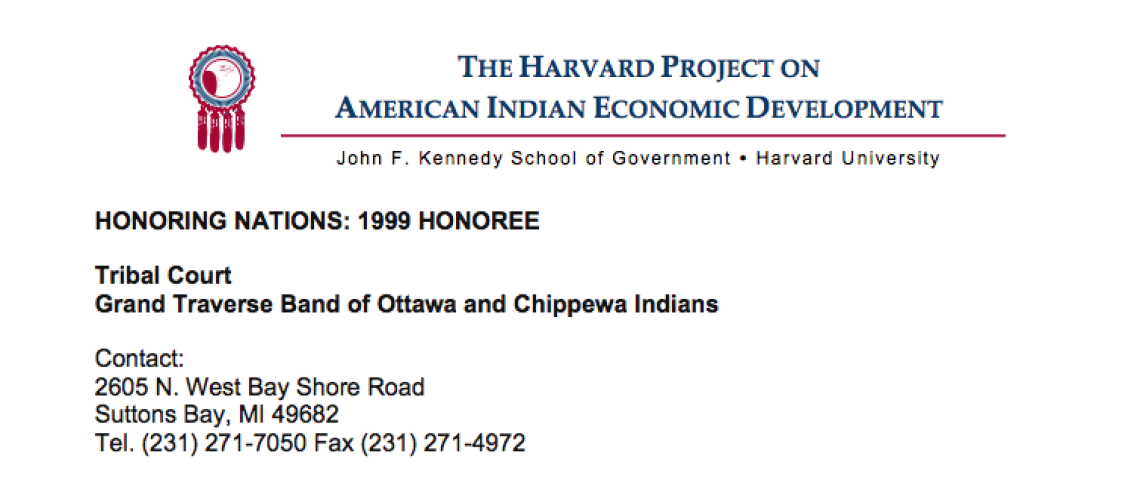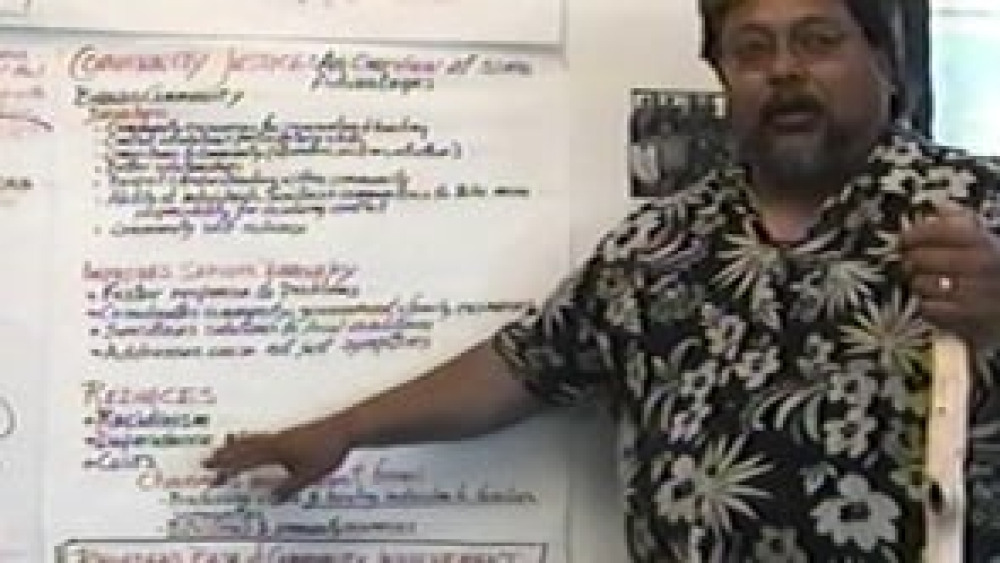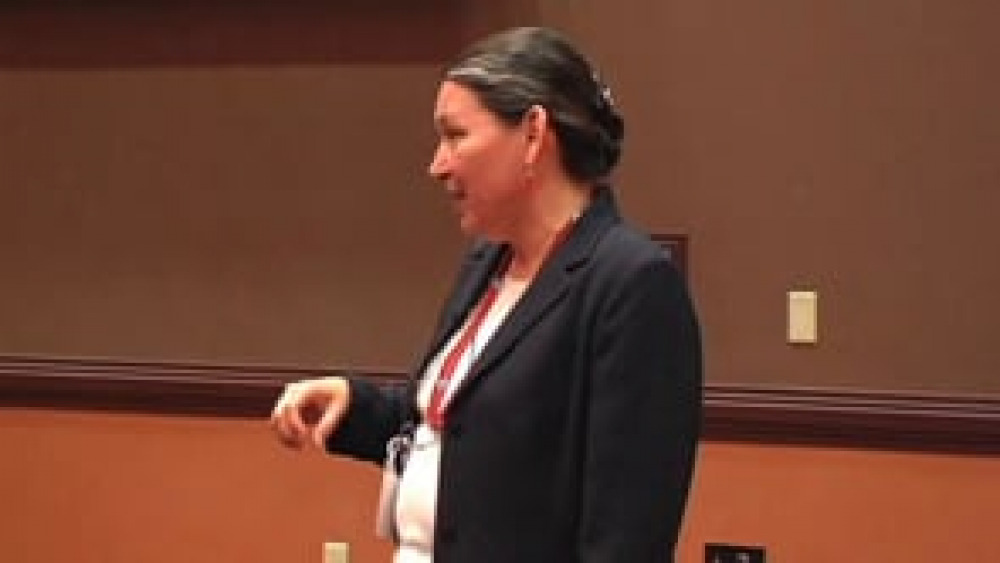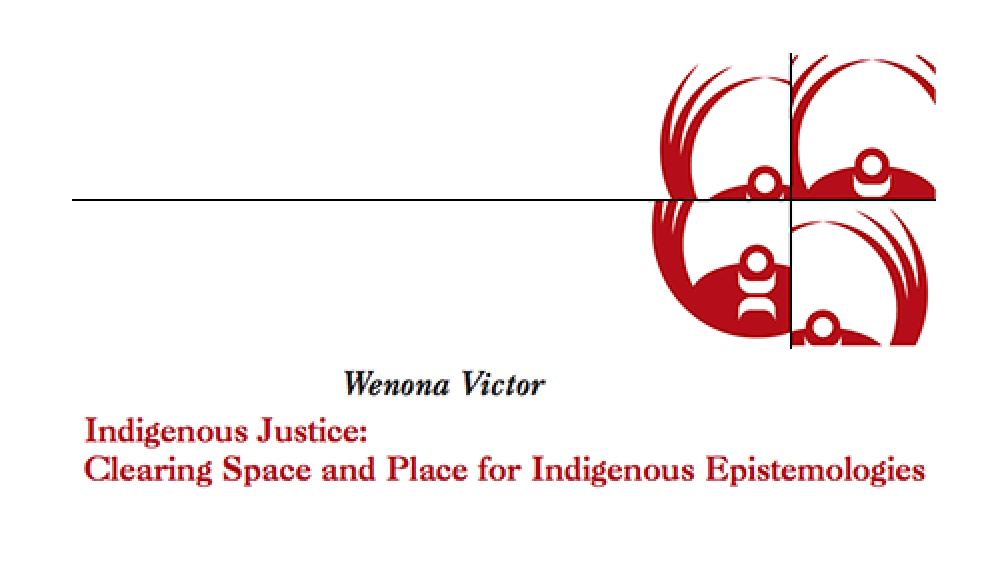Constitutionally separated from the political influences of government, the Tribal Court hears more than 500 cases per year, and utilizes "peacemaking" to mediate in cases in which dispute resolution is preferred to an adversarial approach. The Court adjudicates on such issues as child abuse, juvenile delinquency, guardianships, contract disputes, constitutional issues, personal and property injuries, and employment disputes. By turning to the Peacemaking system, the Tribe has been able to resolve often contentious legal issues in a manner which helps retain the social fabric that ties the community together.
Additional Information
"Tribal Court of the Grand Traverse Band". Honoring Nations: 1999 Honoree. Harvard Project on American Indian Economic Development, John F. Kennedy School of Government, Harvard University. Cambridge, Massachusetts. 2000. Report.




